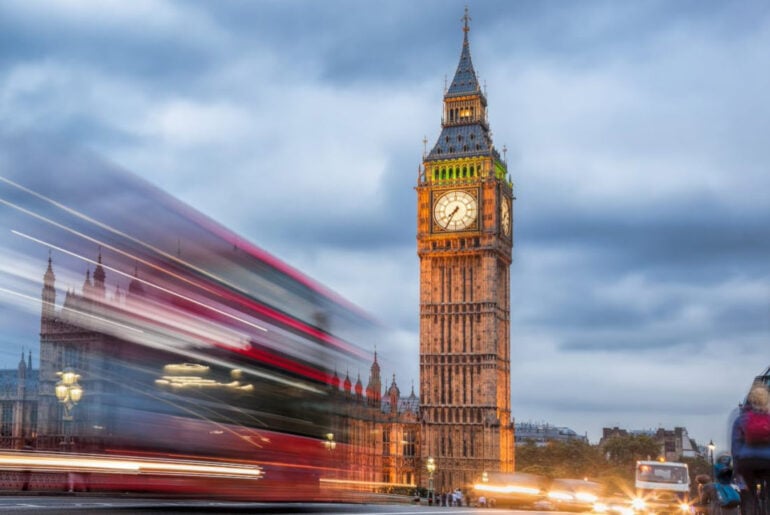On 18 October 2023, the Monetary Authority of Singapore (MAS) issued a set of consultation papers proposing guidelines on transition planning by banks, insurers and asset managers (“TP Guidelines”) to enable the global transition to a net-zero economy. The TP Guidelines set out MAS’ supervisory expectations for the in-scope financial institutions to have a sound transition-planning process to enable their customers and investee companies to take effective climate change mitigation and adaptation measures when dealing with the global transition to a net-zero economy and the expected physical effects of climate change.
In this final part of the series, we will look at the Draft Waste Electrical and Electronic Equipment Management Act. The development of a legal framework for the management of waste from electrical and electronic equipment (WEEE) has been discussed and studied in Thailand for almost two decades. However, despite existing general environment-related laws, such as the NEQA, the Hazardous Substance Act, B.E. 2535 (1992), and the Factory Act, B.E. 2535 (1992), there is currently no specific Thai law governing WEEE management in a systematic and sustainable way.
Türkiye is one of the developing countries that take actions and precautions regarding climate change. The Turkish government has taken many significant steps toward climate change in line with global developments. This article outlines the latest developments occurring in Türkiye in this framework of climate change.
Following the release of the inaugural standards of the International Sustainability Standards Board (ISSB) — IFRS S1 and IFRS S2 — the Securities and Exchange Commission of Brazil (CVM) released the first delivery of what it calls the CVM’s Sustainable Finance Action Plan: CVM Resolution 193, which deals with the preparation and disclosure by publicly traded companies, securitization companies and investment funds of financial information reports related to sustainability.
Countries are approaching plastics regulation in different ways. Measures that have been proposed and adopted vary and include imposing plastic taxes, bans on single-use plastics, microbead bans, deposit return schemes, and consumer charges to discourage consumption (e.g., carrier bag charges). At an international level, in 2022, a UN resolution was endorsed to end plastic pollution and propose an international legally binding agreement by 2024.
The new EU Deforestation Regulation (2023/1115/EU) will impose due diligence obligations from 30 December 2024 aimed at tackling deforestation and forest degradation. The Regulation will require companies dealing in in-scope products to undertake due diligence into the source of a wide range of commodities, including cattle, cocoa, coffee, palm-oil, rubber, soya and wood, to ensure that they have not been obtained as a result of deforestation.
On 26 October 2023, the Energy Act 2023 became law. The Energy Act 2023 is a significant overhaul of the UK energy regulatory framework. It is aimed at supporting the development of the UK energy systems in line with the UK government’s current strategy, focusing on net-zero commitments and energy security.
The Ministry of Sustainability and the Environment (MSE) and the National Environmental Agency (NEA) set out the Eligibility Criteria under the International Carbon Credit Framework as part of Singapore’s efforts to achieve net-zero emissions by 2050.
The Tokyo Stock Exchange launched Japan’s first exchange-based carbon credit market on 11 October 2023. Registered participants in the market now have a more efficient platform for carbon credit trading in Japan and improved carbon pricing transparency.
Germany is taking further steps with regard to developing a national hydrogen infrastructure. On 19 June 2023, the Federal Government published respective draft legislation that provides for the development of a hydrogen core grid. The Bundesrat (one of the two legislative chambers in Germany representing the German states) issued an essentially positive statement on this draft. The legislation is expected to be adopted soon.



